
By Aswad Walker
One of the most often overlooked aspects of Reverend Dr. Martin Luther King Jr.’s life is the fact that he was a PK. For those not in the know, a PK is a “preacher’s kid.” MLK’s father, Reverend Martin Luther King Sr., was not the only preacher in MLK’s lineage. Willis Williams, MLK’s maternal great-grandfather, pastored an interracial church, Shiloh Baptist (Greene County, GA) in the 1840s.
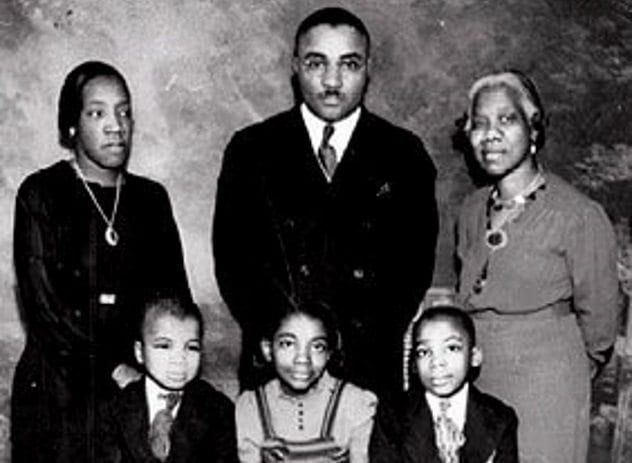
But the PK experience that has impacted so many over the generations surely played a role in developing the person MLK eventually became. To that end, the Defender spoke with three Houston-area PKs – Brandon Cofield, lawyer, the son of Good Hope Missionary Baptist Church’s pastor Dr. D.Z. Cofield; Dr. Ryan Harris MD, psychiatrist, the daughter of Dr. Rudy and Juanita Rasmus, founding pastors of St. John’s Downtown; and Elliott Wright, lawyer, the son of Remus and Mia Wrights, pastor and co-pastor of The Fountain of Praise – to see how their experience growing up with a parent or parents who were pastors impacted their life paths.
These PKs also shared how they are keeping alive MLK’s legacy.
Q: How did growing up a PK shape you educationally, professionally, and or spiritually?
Brandon Cofield: Obviously practicing law, a lot of the reason why I decided to go out on my own is to be able to have the flexibility to be able to help people and be a part of the community. Generally speaking, you think of the idea of the church being a people more so than just a building, and really trying to keep things in line with helping each other. I think that just kind of has framed so many aspects of my life. I have my master’s in public health. That’s in that same vein of looking at the bigger picture and not just looking at me, me, me. I think that’s been very impactful.
Dr. Ryan Harris: One thing I’m immensely grateful for is, my parents were very open in regards to us finding our way spiritually. Like, we were at church all the time. We were in all the ministries. We did all those things. But, in middle school at one point, I was just kind of fed up. I was frustrated. Adolescence is hard enough, and [as a PK] you sort of feel like you’re in this fishbowl. So, I actually took off almost a year from church. I would go sometimes, but not very often. I told my parents that that is probably the reason why I didn’t abandon my faith altogether because I was able to step away… and be able to sort of find God in new ways for myself… the other thing that really grounded me was I really always believed that service was a gift you could give others. So, vocationally, I aspired toward a career in service.
Elliot Wright: Having the expectations on you as a child means when you’re an adult, expectations mean nothing. You put an expectation on me, I’m like, “Great. I’m about to blow past it. I’m about to exceed it so quickly and abundantly because I’ve done that my whole life… As a youngster, my dad made sure to teach me, “You are a leader. You’re not a follower.” So, once I finally got outta my parents’ house and I had to operate in this world on my own, I knew I’m a leader. I’m not supposed to follow anybody.
Q: What about Dr. King’s message and mission resonates most with who you are?
Brandon Cofield: In a generation of people that are very much willing to comment on social media, I’ve prided myself in being engaged and give my time and volunteer to be actually present at the different events. It’s one thing to say, “Such and such said this at this event.” It’s another thing to be there or be a poll watcher or to actually give service; to truly sacrifice your time for the greater good…I’ve always been impressed with Dr. King’s ability to not only be present, but also, I’d almost argued, be willing to fail when odds weren’t great.

Dr. Ryan Harris: Just the mission-mindedness that he had, his view on service and his view on why we are here… [but] I think the thing about his legacy that has been most impactful and maybe a north star in many ways for me is love.
Elliot Wright: Uplifting humanity. That’s what impacted me the most. While at UH, I pledged Alpha Phi Alpha. On the line I was a five and I was taught that the five is the same number as MLK. So, being on that line, being a pastor’s son like MLK, being a five like MLK, I was the youngest person on my line, just like MLK, it showed me that I’m walking in his path. And, everything he did for not just Black people, but our humanity as a whole, is what really impacts me to continue trying to do more. What he did for voting and making sure that people got in lockstep to fight a system that was full of injustices, that’s what I love about MLK, and that’s what I take from him.
Q: How have you kept alive the part of MLK’s legacy that most resonates with you personally?
Brandon Cofield: Fighting the good fight and lending myself to the greater good and greater cause even if it’s incremental gains, I really try to encourage friends and family, especially through voter and civic engagement. Like, I get it. It might seem insurmountable. It seems very bleak out there. But, this is but for a season. I really try to do the most I can with what I have. I feel like Dr. King very much so did that. Giving your all for as long as you can for the greater good, I think ultimately will end in kind of the gains and the progress that society needs.
Dr. Ryan Harris: I find a lot of meaning and value in helping to support others; radiating light for others. In a lot of ways that actually brought me to where I am vocationally at this point in my life, to Bread of Life, a nonprofit organization that my parents founded 30 years ago. I always had a dream that in some capacity I would return here to contribute and to do my part. So, after having a variety of career experiences, in academia, working for the VA hospital, I was very recently able to come to Bread of Life and help build our mental health programming. For me, it’s the ultimate full-circle moment.

Elliot Wright: While I was in law school at SMU, part of the Black Law Student Association, I made sure we were out there registering people to vote, community service, continuously trying to give back. Whenever something’s going on in the city of Houston, I get involved. I’m right there along with other people in my church. Like, when the winter storms came, we were giving out water, blankets, everyday necessities that people didn’t have. When Hurricane Harvey came, we were tearing down sheet rock in people’s homes where insulation was rotten and people couldn’t stay in those homes. So, it’s all about the uplifting of humanity, and also making sure that people know that they have a voice and to use that voice.

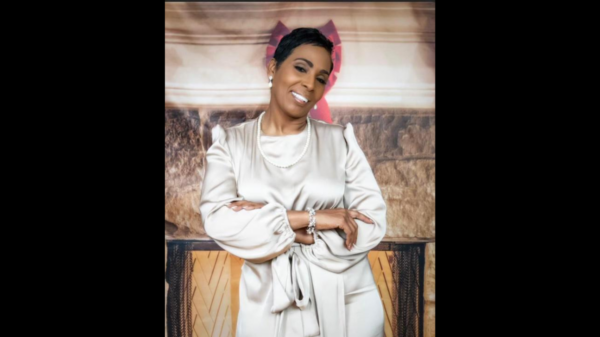

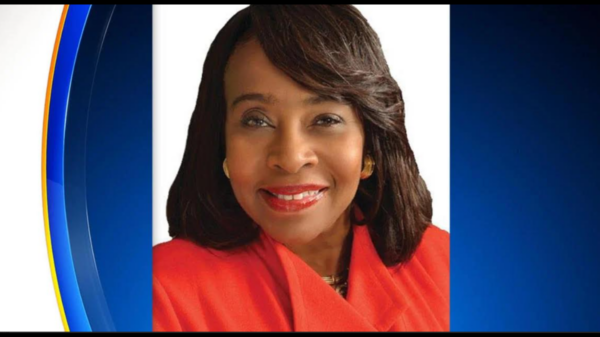
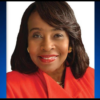
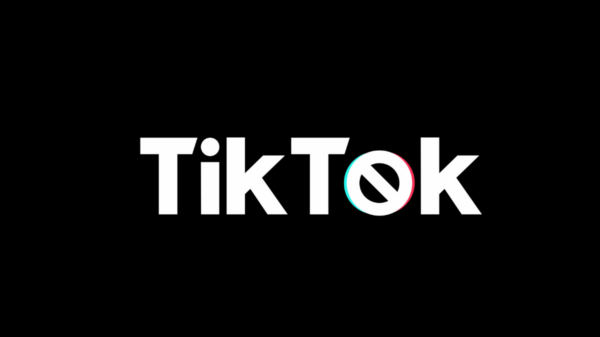

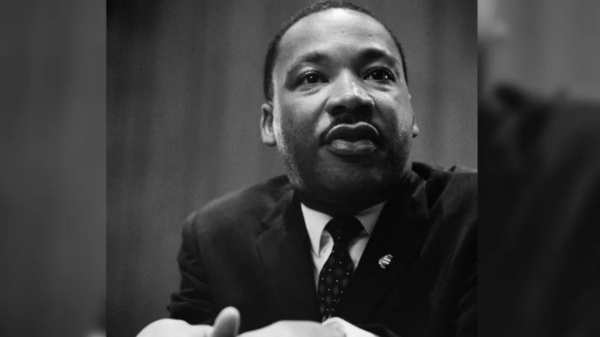
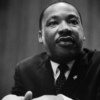
You must be logged in to post a comment Login